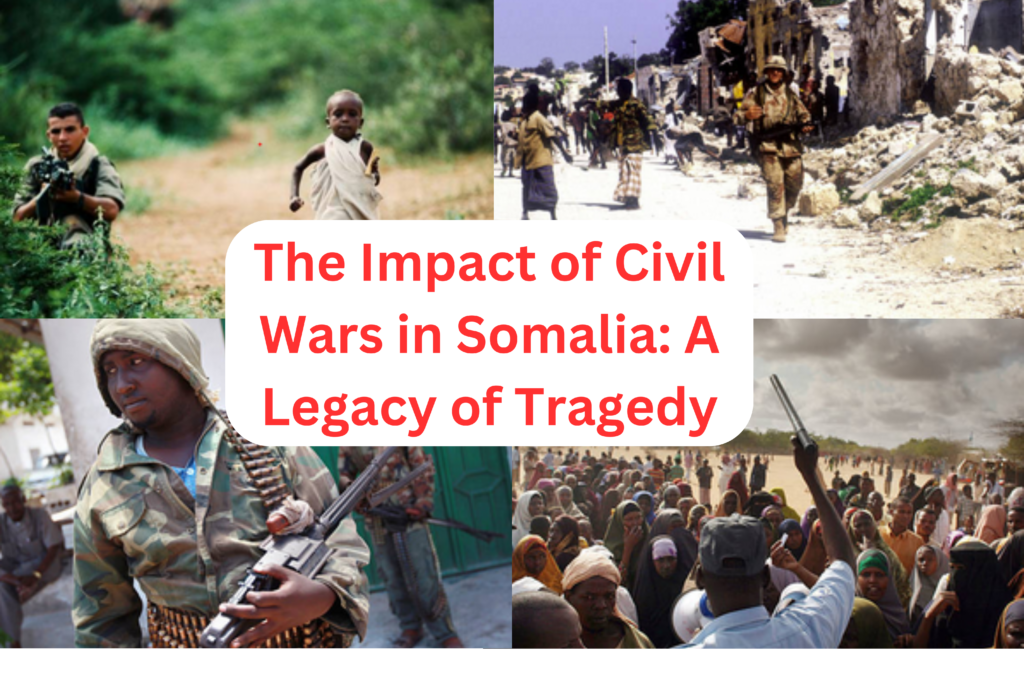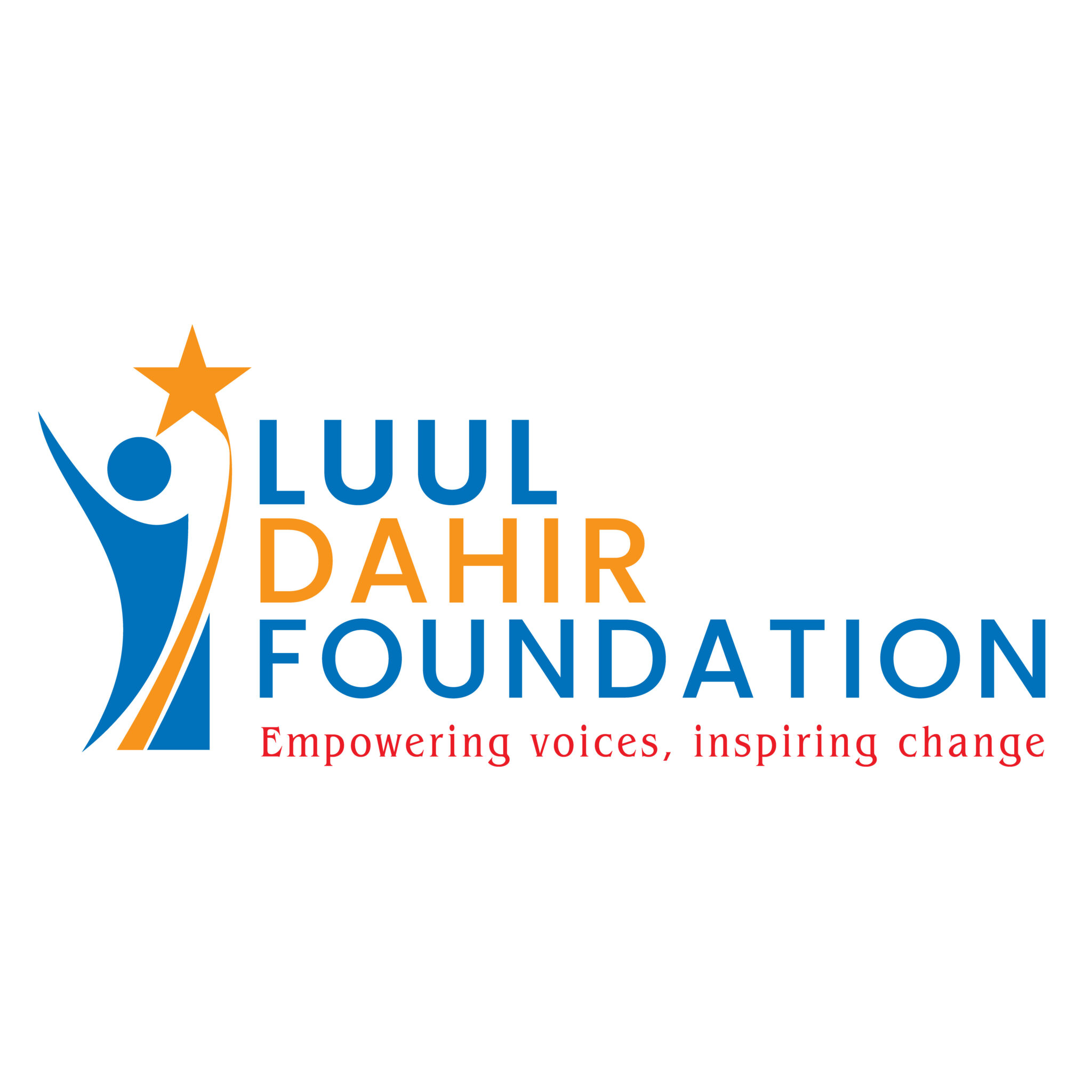The Impact of civil war in Somalia: A legacy of tragedy.

Since the collapse of Somalia’s central government in 1991, civil wars fueled by political disputes, clan rivalries, and foreign interests have deeply scarred the nation, its people, and future generations. These conflicts have left a devastating legacy that continues to haunt the country.
Key Impacts of Civil Wars:
• Loss of Lives and Displacement: Thousands have died, countless others have been injured, and millions have been displaced, both internally and externally, leaving many without homes or security.
• Social Fragmentation: Clan divisions have created deep mistrust, undermining the unity and coexistence once shared by Somalis.
• Collapse of Basic Services: Education, healthcare, and other essential services have deteriorated, leaving generations with limited opportunities and perpetuating poverty.
• Psychological Trauma: Many, including children, are burdened with the mental scars of war, such as anxiety, depression, and the traumatic memories of violence.
Notably, conflicts in Mogadishu, particularly those that destroyed cultural and historical landmarks like museums and libraries, symbolize the profound loss of national identity. The devastation has left wounds that are difficult to heal.
Path to Peace and National Reconciliation
Despite these challenges, Somalia has opportunities for peace and rebuilding:
• Inclusive Dialogue: A sincere, clan-free national dialogue is crucial to resolving disputes and fostering unity.
• Accountability and Justice: Perpetrators of war crimes must be held accountable to prevent future atrocities.
• Youth Empowerment: Investments in education and job creation can empower the younger generation to lead a peaceful, prosperous Somalia.
Recommendations to End Current Political Conflicts:
• Establish a National Mediation Framework: Form a neutral platform for dialogue among political leaders, clan representatives, and civil society to address disputes.
• Strengthen Federal and Regional Cooperation: Create a balanced federal system where responsibilities and resources are equitably shared between the central government and regional administrations.
• Disarmament and Security Reform: Ban unauthorized weapons and strengthen national security forces to enforce peace.
• Launch Reconciliation Programs: Implement community-based reconciliation initiatives to heal divisions and restore trust.
• Engage International Support Wisely: Seek international assistance for peacebuilding and development, ensuring it aligns with Somali-led priorities.
• Promote Media for Peace: Use media to counter divisive rhetoric, promote national unity, and raise awareness about the benefits of peace.
Somalia’s civil wars have taught a harsh lesson: tribalism, greed for power, and self-interest will never lead to progress. The nation must prioritize peace, justice, and unity to build a brighter future for the generations to come.
